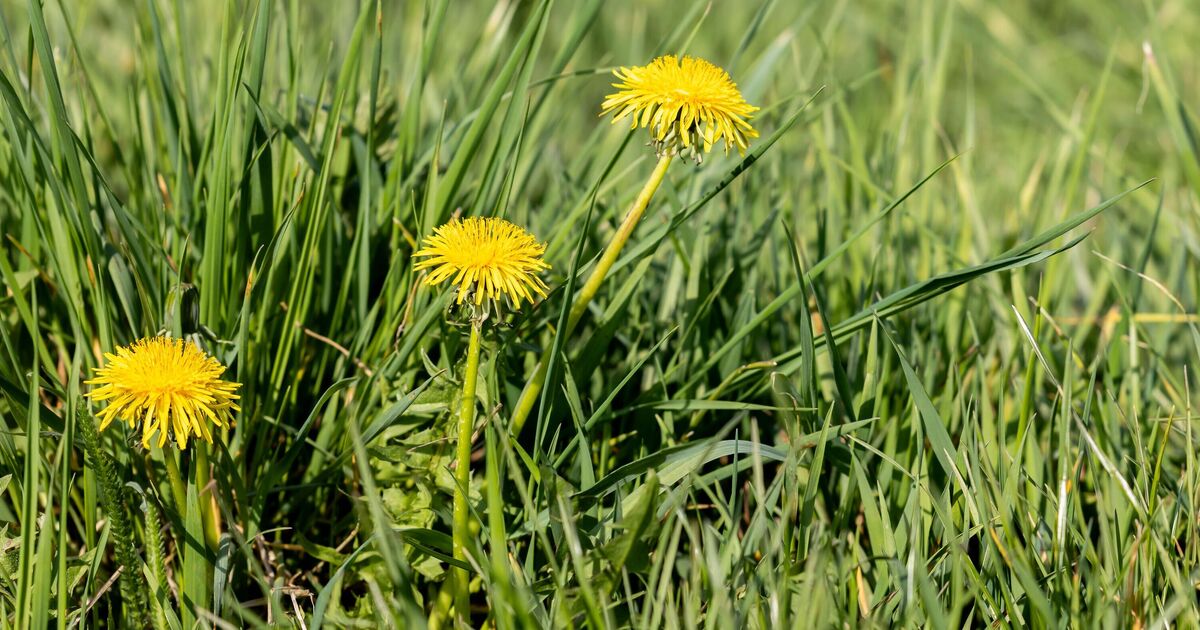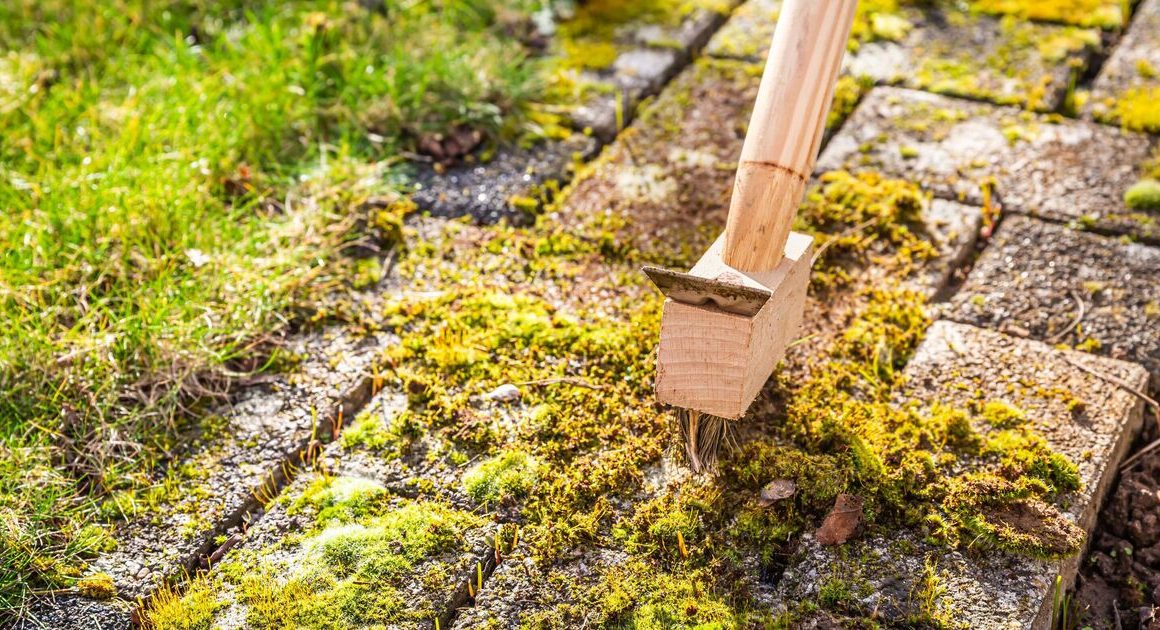Removing weeds from lawns without damaging your grass can be a tricky task. Some of the most common lawn weeds include dandelions, crabgrass, clover and creeping buttercups.
Weeds compete with grass for space and can end up taking over lawns if they’re not properly managed.
Luckily, Chris Cooper, a product manager at Hayter Mowers has shared three simple ways to remove weeds on lawns without using harsh chemicals.
Chris said gardeners should avoid using harsh chemicals on lawns, especially on fresh turf as they can seriously damage the health of your grass.
Fortunately, Chris knows plenty of lawn-friendly alternatives that won’t compromise the biodiversity of your lawn.
Hoeing
Rather than using chemicals, Chris recommends using one simple item to remove the pesky plants – a hoe.
Chris said: “This requires some real elbow grease, so don’t say we didn’t warn you.”
He added: “Running a hoe over a bed or between rows of grass is very effective at killing weed seedlings, making it ideal for weed control when weeds are in their infancy.
“Do this on a dry day to avoid damaging the soil, or you’ll cause the seedlings to dry out on the surface.”
Hand-pulling
This may sound like hard work but pulling weeds out by hand is one of the most effective methods for removing weeds.
Chris explained: “This can be done either with a fork or with nature’s tool – your hands. Dig out perennial weeds with your hands, making sure to root out the bulb. Annual weeds can also be caught this way before they seed.
“You have to be really careful with this method, though. You want to avoid as much collateral damage to your grass as possible.”
Lawn-safe weed killer
If you can’t remove weeds by hand or they keep returning then you may want to try using a lawn-safe weed killer.
“If you do resort to weed killer, only buy sprays specifically labelled as lawn-friendly or lawn-safe,” Chris warns.
He added: “You’ll see some recommending general weed killer or even natural weed killers, such as vinegar solutions, but many of these solutions are non-selective; this means that they won’t discriminate between grass and weed.”










